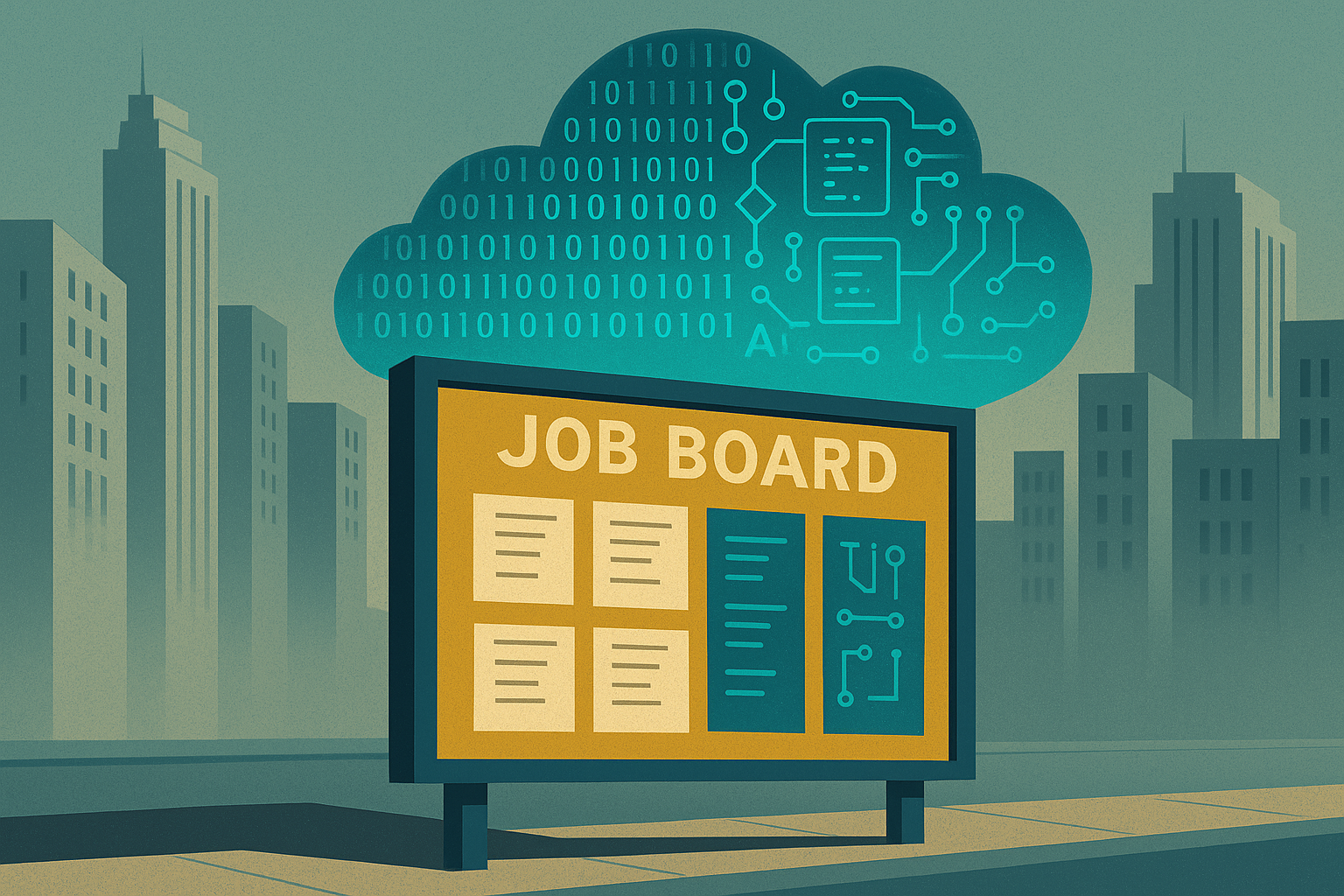Entry-level vacancies in the UK have fallen by nearly a third since the public release of ChatGPT, according to new figures from jobs platform Adzuna. Just 214,900 junior-level roles were advertised in May — a 32% drop from November 2022. These roles now account for only 25% of online job listings, down from 28.9% two years ago.
The sharpest declines have come in retail, where junior postings have fallen 78%, followed by significant drops in logistics, admin, IT, and accounting. Graduate-specific roles are also down 28% year-on-year and sit at their lowest level since mid-2020.
“Employers are doubling down on productivity tech and hiring experienced staff who can work alongside it,” said Adzuna co-founder Andrew Hunter. While junior hiring has shrunk, average advertised salaries have risen 9.4% over the past 12 months — suggesting a shift toward higher-skill recruitment.
Larger employers are deploying AI at scale. BT has warned that advances in automation could lead to further job reductions, while Klarna now resolves two-thirds of customer service queries through its chatbot. Dario Amodei, CEO of AI firm Anthropic, has estimated that up to half of all entry-level office jobs could vanish within five years if current adoption trends continue.
Recruiters and training bodies are urging companies to expand internship schemes and AI literacy programmes to prevent long-term skills shortages. The concern comes as official vacancy figures show total UK job listings are already 16.9% lower than this time last year — underscoring the fragile recovery of the post-pandemic labour market.




